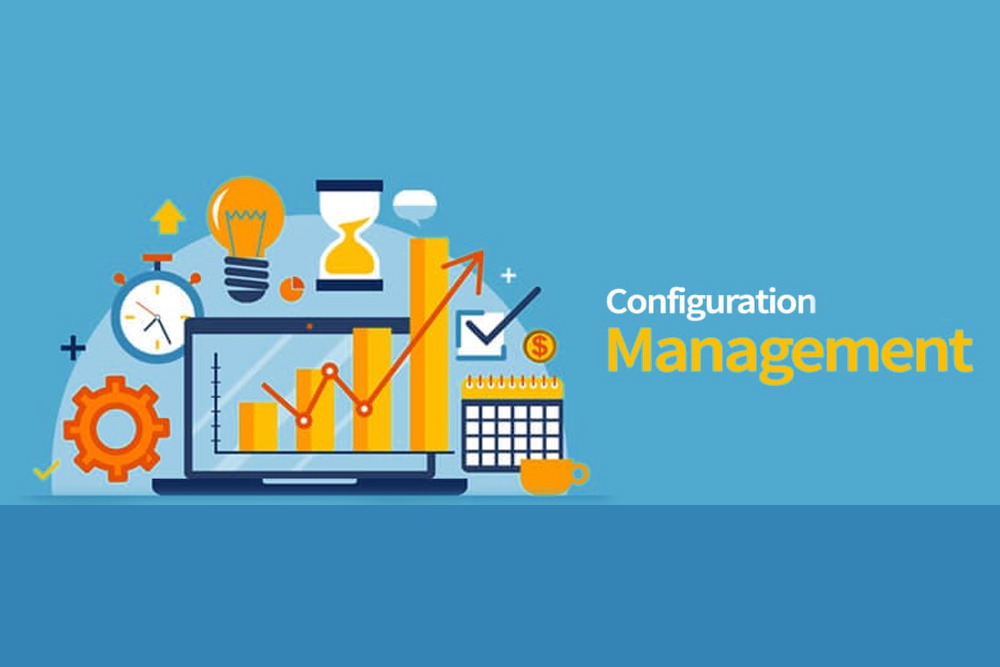
Our Advanced Root Cause Analysis service helps safeguard your organization by identifying and eliminating underlying cybersecurity risks.
Root Cause Analysis (RCA) is a systematic process used to identify the fundamental cause of a problem. It involves recognizing the issue, collecting data, analyzing initial symptoms, recreating the problem, and pinpointing the root cause. Preventive strategies are then implemented to ensure the issue doesn’t recur.



